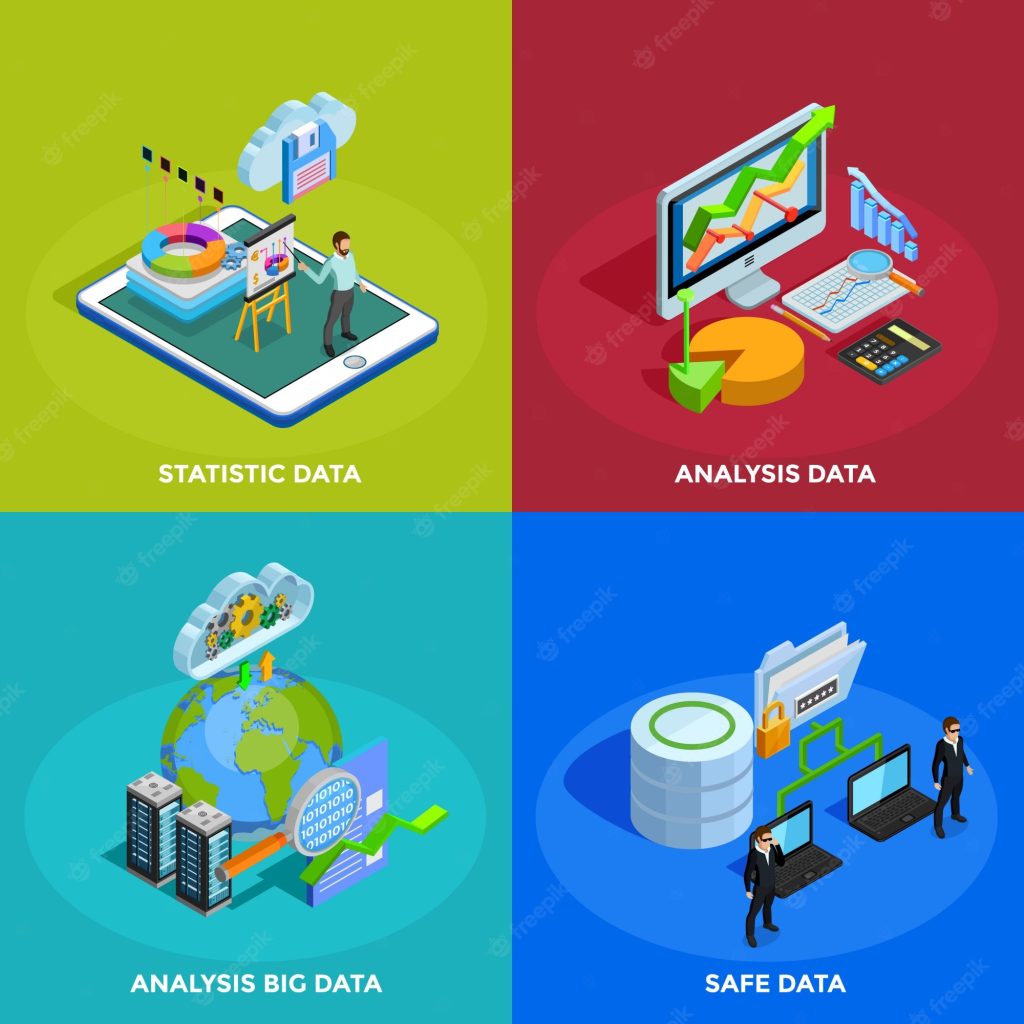The volume of data is growing at an exponential rate. With the invention of smartphones and the Internet of Things (IoT), businesses are now able to collect data from a variety of sources. This data is known as big data, and it’s extremely valuable for businesses. Big data can be used in nearly every department to improve processes, streamline services, and improve efficiency. In this blog post top casinos in australia, we will look at 3 reasons why big data is important for businesses.
Big Data is Constantly Growing
The volume of data is growing at an exponential rate. This means that the amount of data is doubling every 2 years. While it’s difficult to know exactly how much data is being generated, we know that it’s an enormous amount. Nowadays, businesses have access to a variety of different data sources. This includes data from social media posts, log files, images, videos, sensors, and more. This data comes from almost every aspect of operations. This includes marketing, sales, finance, supply chain, manufacturing, and more. And the volume of data is expected to increase further as technology improves. This includes the development of AI, blockchain, and other technologies.
Businesses Can Use Big Data to Make Better Decisions
The main reason that big data is important for businesses is that it can be used to make better decisions. Business leaders can use analytics tools to analyze data and draw valuable insights. Ecommerce businesses can analyze customer buying behaviour, reviews, and feedback to make informed decisions. For example, they can discover which products customers want to buy, which ones are the most popular, and why customers are buying certain items. A data-driven approach allows businesses to make better decisions based on facts rather than assumptions. For example, they can understand which marketing channels are most effective. This allows them to invest in the right areas, which maximizes outcomes. Big data can also be used to improve operational decisions. For example, supply chain managers can use data to plan inventory levels real money casino games. They can also forecast demand and identify any issues that might occur.
Big Data is the Fuel for the Internet of Things
The Internet of Things (IoT) is a network that connects devices together without human intervention. IoT devices are able to communicate with each other and collect data from sensors. For example, IoT sensors can be used to track the progress of shipments. They provide information about the location, temperature, and other metrics. This includes data about the driver, weather conditions, and traffic. This data can be used to optimize shipping routes. It can also be used to detect issues and respond to them quickly. Other examples of IoT devices include security cameras, thermostats, and robots. All of these devices collect data that is transmitted to a central server. This data can be used to improve business operations. For example, it can be used to monitor the health of employees and detect safety issues.
Companies Need a Data Culture Change
Big data shows us that businesses should be focused on collecting data and making it accessible. To do this, data must be ingested, stored, and made available through modern interfaces. This data can be used to improve decision making and make operations more efficient. It can also help companies identify new opportunities and become more agile. However, many businesses still have an old mindset when it comes to data. They focus on controlling what data goes in and coming up with ways to protect it. This is known as the data culture of control, and it’s not sufficient for an environment that uses big data. Instead, businesses need to adopt a data culture of transformation. For this to happen, leaders must accept that data is fluid and reusable. They must also accept that data is going to be distributed and have multiple owners.
Bottom line
Big data has changed the way that businesses operate. It has allowed businesses to make better decisions, create new products and services, and optimize their operations. But businesses need to accept a data culture change if they want to fully take advantage of big data. This change will help businesses use data to its full potential.

